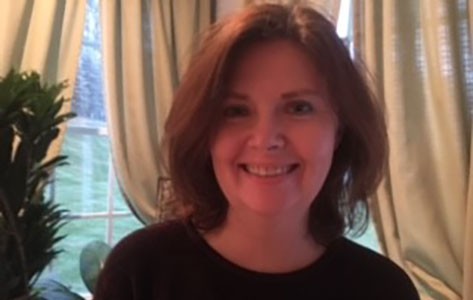Substance Use Disorders: Can it happen to my family and where can I go for help?

The answer is yes. Substance use disorders (SUD) can happen to any family. It happens in rich, poor, and middle-class families. It happens to all races and basically all ages. SUDs range from mild to severe depending on the number of symptoms present. Generally speaking, there are four ways a person may develop an SUD: genetic predisposition, self-medication, social use, and abuse of pain management medication.
Anyone that has a family history of a substance use disorder may be genetically predisposed. If one parent has an SUD, each child has a 50% chance of developing an SUD if they use alcohol or drugs. If both parents have an SUD, each child has a 90% chance of developing an SUD if they use alcohol or drugs. If the child has the gene but never uses alcohol or drugs, he will never develop an SUD.
Some will self-medicate to treat their anxiety, depression, attention deficit hyperactivity disorder (ADHD), post-traumatic stress disorder (PTSD), bipolar disorder, etc. with alcohol and/or drugs. They find that the substance(s) that initially provided them with relief eventually cause significant consequences in their lives, such as DWI, interpersonal problems with family/friends, health problems, etc.
When using socially, individuals can develop an SUD when they increase the amount and frequency of their use. Such increases can lead to the development an SUD.
Individuals who are prescribed pain medication may develop a tolerance and a dependence. Not all develop an SUD. Some people who do find that they like the way the medication makes them feel and take more than prescribed develop an SUD.
So where can I go for help if my family member is diagnosed with an SUD? There are several resources available to you and your family:
- Reach NJ – Provides education, information and resources, including Narcan training sites.
1-844-732-2465 - Learn to Cope – A support network that offers education, resources, peer support and hope for parents and family members coping with a loved one addicted to opiates or other drugs.
508-738-5148 - Parent2Parent – Offers strength and hope in support for families suffering the effects of addiction. Offers resources, support and community education.
856-983-3328 - GRASP – Grief Recovery After Substance Passing offers understanding, compassion, and support for those who have lost someone they have loved through addiction and overdose.
302-492-7717 - Al-Anon Family Group – Support program for those affected by someone else’s drinking.
757-563-1600 - Nar-Anon – A fellowship of those affected by the disease of addiction in a relative or friend.
1-800-477-6291 - Families Anonymous – Support for families and friends who have known a feeling of desperation concerning the destructive behavior of someone very near to them.
1-800-736-9805
Any one of us can develop an SUD at any time. Please be kind and supportive to families who have a loved one with an SUD. No one chooses to have this disease. You can make a difference in a family’s life.
- Elizabeth Sartori, LCSW, LCADC is a Counseling and Addiction Center Manager at Atlantic Health System’s Hackettstown Medical Center
Source: New Jersey Herald
Learn about Atlantic Behavioral Health's chemical dependency services >